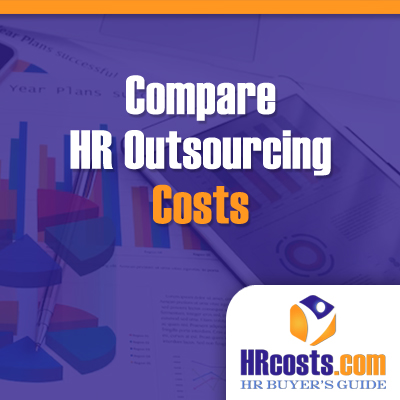
Rippling Review – Services, Advantages, Costs, and History
A Comprehensive Review of Rippling – Streamlining HR and IT Processes
Rippling is a cloud-based software that aims to simplify the way companies manage their HR and IT processes. Founded in 2016 by Parker Conrad, who previously co-founded Zenefits, Rippling has quickly garnered attention for its innovative approach to streamlining businesses’ employee management. In this review, we will delve into the company’s history, advantages and disadvantages, the services they offer, and feedback from their customers.
Rippling
Founded 2016
Founders Parker Conrad, Prasanna Sankar
Company History:
After leaving Zenefits in 2016, Parker Conrad set out to create a more comprehensive and flexible HR and IT management solution. As a result, Rippling was born, with a mission to help businesses automate their employee management processes. Since its inception, the company has grown rapidly and attracted investments from top venture capital firms, raising over $100 million in funding to date. Rippling is now recognized as a leading player in the HR and IT management software industry.
Advantages:
- All-in-one platform: Rippling offers a single platform for managing multiple aspects of employee management, including payroll, benefits, devices, and apps. This reduces the need for multiple software solutions, saving businesses time and money.
- Automation: Rippling’s software automates various tasks, such as onboarding and offboarding employees, simplifying HR and IT processes, and reducing the likelihood of errors.
- Integrations: Rippling’s platform seamlessly integrates with a wide range of third-party applications, including CRM, accounting, and project management tools, ensuring compatibility with existing systems.
- Customization: The software can be tailored to meet a company’s unique needs, with configurable workflows, permissions, and approval processes.

Disadvantages:
Price: Rippling’s pricing structure can be relatively expensive, especially for smaller businesses with limited budgets.
Complexity: While the platform offers a wide range of features, it can be overwhelming for some users, particularly those new to HR and IT management.
Services Offered:
- Payroll: Rippling’s payroll system streamlines the process of paying employees, managing taxes, and generating reports, all while staying compliant with federal and state laws.
- Benefits: The platform provides a comprehensive benefits administration system, offering health insurance, retirement plans, and other employee benefits.
- Device Management: Rippling’s device management system allows businesses to easily manage, deploy, and secure their employees’ devices, such as laptops and smartphones.
- App Management: The software enables companies to securely manage access to cloud applications like G Suite, Office 365, and Slack, automating provisioning and de-provisioning processes.
How Much Does Rippling Cost?
Rippling offers a modular pricing structure, allowing businesses to select and pay for the services they need. The base price for the platform starts at $8 per user per month, with additional costs for specific features such as payroll, benefits, and device management. For detailed pricing information, it’s best to contact Rippling directly for a customized quote.
Customer Feedback:
Customers generally praise Rippling for its comprehensive feature set, user-friendly interface, and excellent customer support. Many users appreciate the time-saving benefits of the platform’s automation and integration capabilities. However, some customers have expressed concerns about the platform’s complexity and the cost, particularly for smaller businesses.
Conclusion:
Rippling is a powerful and flexible HR and IT management solution that offers a wide range of features to help businesses streamline their employee management processes. While it can be overwhelming for some users and may not be the most affordable option for small businesses, the platform’s comprehensive services, automation capabilities, and seamless integrations make it an attractive choice for many companies.
